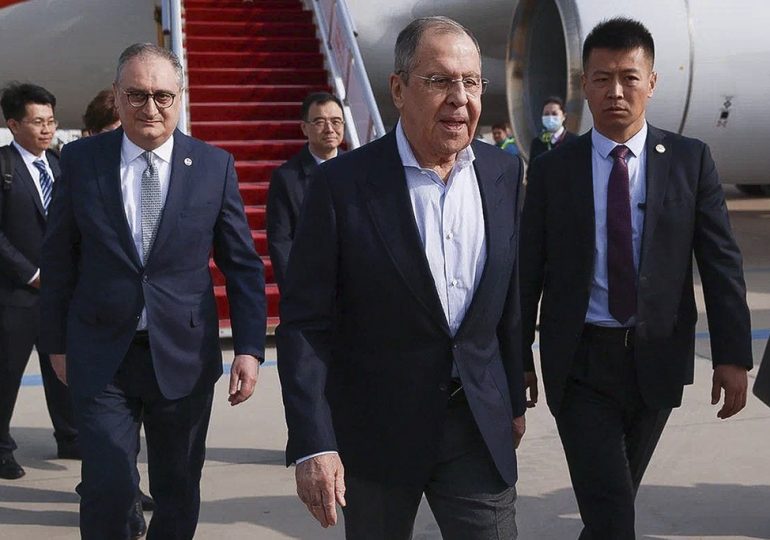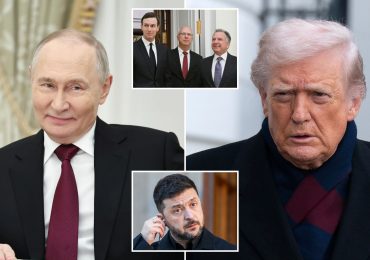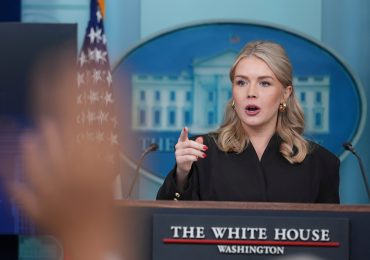BEIJING — Russian Foreign Minister Sergey Lavrov arrived in Beijing Monday to display the strength of ties with close diplomatic ally China amid Moscow’s grinding war against Ukraine.
The two continent-sized authoritarian states, increasingly in dispute with democracies, seek to gain influence in Africa, the Middle East and South America. China has backed Russia’s claim that President Vladimir Putin launched his assault in 2022 because of Western provocations, without producing any solid evidence.
[time-brightcove not-tgx=”true”]
Read More: Is Southeast Asia Leaning More Toward China? New Survey Shows Mixed Results
Russian state news agency Tass said the ministers would “discuss the situation in Ukraine and the Asia-Pacific region, issues of bilateral cooperation and interaction in the international arena,” quoting Russian Foreign Ministry spokesperson Maria Zakharova.
Lavrov is expected to meet with his Chinese counterpart Wang Yi, who has visited Russia during the conflict and maintained China’s line of not dubbing the Russian war in Ukraine an invasion.
China has at times taken an equally combative tone against the U.S. and its allies. China and Russia have held joint military drills, and are seen as seeking to supplant democracies with dictatorships in areas where they wield influence.
Despite its clear backing of Russia in the Ukraine war, China’s foreign ministry spokeswoman Mao Ning told reporters Monday that “China has an objective and fair position on the Ukraine issue.”
Read More: Why China, Russia’s Biggest Backer, Says It Wants to Broker Peace in Ukraine
“We have been actively promoting peace talks and political solutions. China is not a creator or party to the Ukraine crisis, and we have not and will not do anything to profit from it,” Mao told reporters at a daily briefing.
China has also said it wasn’t providing Russia with arms or military assistance, although it has maintained robust economic connections with Moscow, alongside India and other countries.
“We have always controlled the export of dual-use items in accordance with the law,” Mao said, referring to industrial items that can be used for both industrial or military purposes, such as drones.
Read More: Is China Providing Russia With Military Support? It’s Hard to Tell, and That’s the Point
“The relevant country should not smear or attack the normal relations between China and Russia,” Mao said. “The relevant country” was a reference to the U.S., Russia and China’s chief geopolitical rival.
In a phone call last week with Chinese leader Xi Jinping, U.S. President Joseph Biden pressed China over its defense relationship with Russia, which is seeking to rebuild its industrial base as it continues its invasion of Ukraine. And he called on Beijing to wield its influence over North Korea to rein in the isolated and erratic nuclear power.
Read More: As U.S. and China Rivalry Heats Up, Each Side’s Asia Allies Ramp Up Military Spending
Adding to the tension between the two countries, U.S. lawmakers generated new legislation that would ban TikTok, the popular social media application, if its China-based owner ByteDance doesn’t sell its stakes in the platform within six months of the bill’s enactment.
Lawmakers are concerned Chinese authorities could force ByteDance to hand over data on the 170 million Americans who use TikTok.
All Chinese firms, especially those in the social media sphere, are obligated to hand over user data to the government.
Leave a comment








